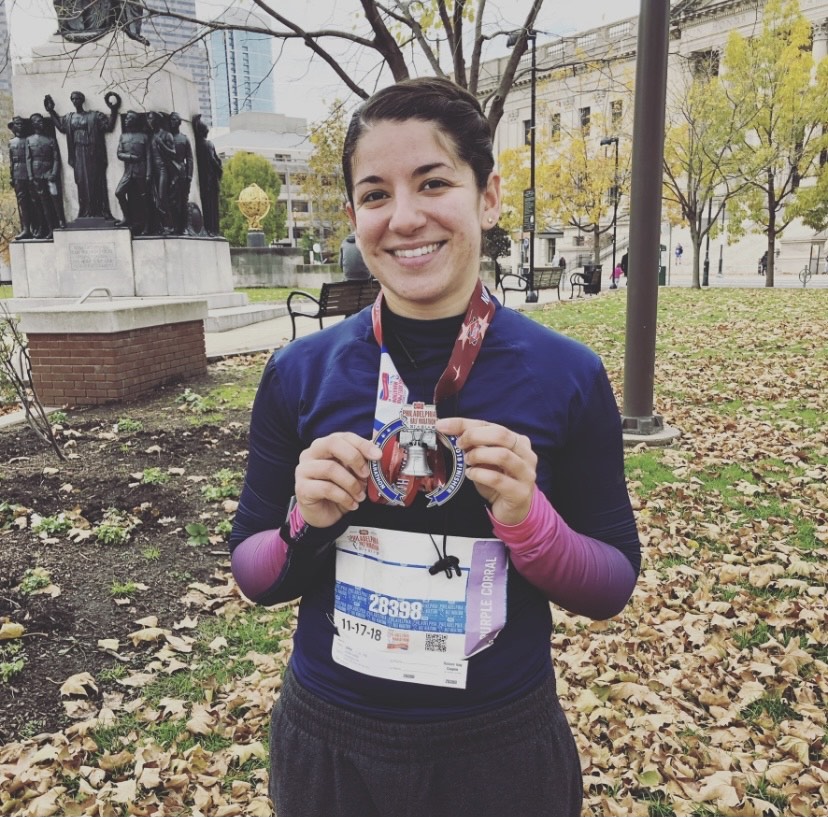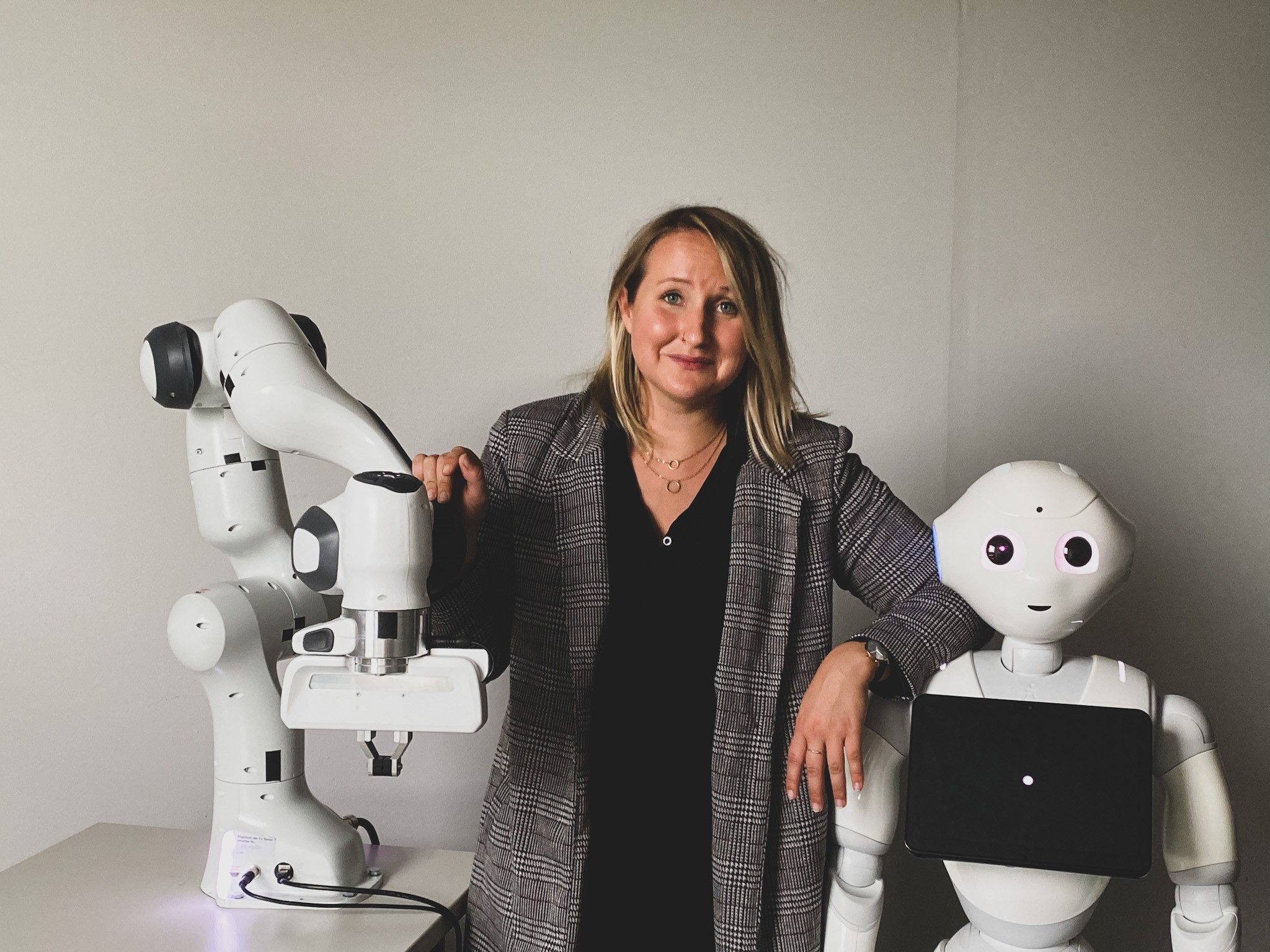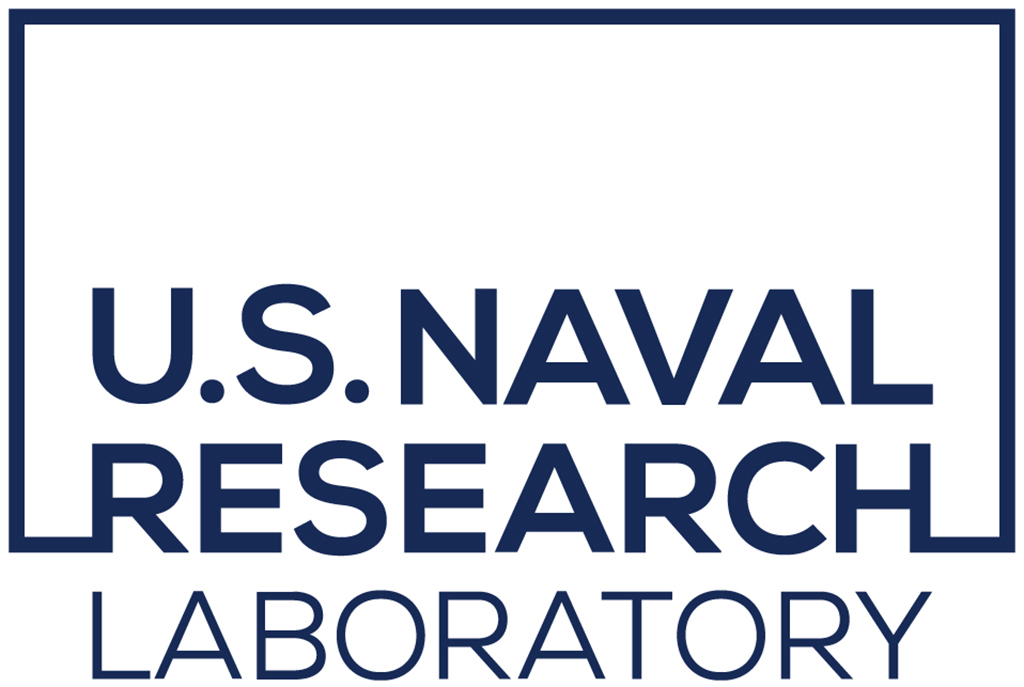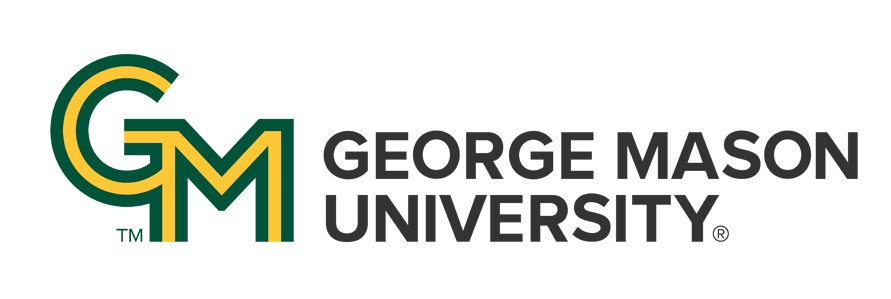Team

Laura Saad is a National Research Council postdoctoral research associate in the Navy Center for Applied Research in Artificial Intelligence at the Naval Research Laboratory in Washington, DC. She received her PhD in Cognitive Psychology in 2023 from Rutgers University. She is interested in developing and refining theories and measures of user perceptions in HRI contexts.

Eileen Roesler is an Assistant Professor in the Department of Psychology at George Mason University, specializing in the Human Factors and Applied Cognition Group. As the principal investigator in both the Human-Agent Collaboration (hac-lab) and Human-Robot Interaction (hri-lab) labs, she leads experimental research as well as research in the development and validation of questionnaires. As a dedicated international scholar, one of her core passions is the high-quality translation and cross-country validation of these instruments, ensuring their validity, reliability, and applicability across more diverse populations.

Dr. Elizabeth "Beth" Phillips is an assistant professor in the Human Factors and Applied Cognition Group in the Department of Psychology at George Mason University. She is also the director of the Applied Psychology and Autonomous Systems (ALPHAs) Laboratory. Her work focuses on human interactions with robots, autonomous systems, and related technologies like augmented and virtual reality. She studies how we can make these systems better teammates, partners, and companions for people in the near future. Her recent work investigates the role of justification of robots’ moral decision making as well as the application of role ethics for language capable robots.

Greg Trafton is the section head for the Intelligent Systems Section in the Artificial Intelligence Center at the Naval Research Laboratory in Washington, DC.
Contact Info
Email: hriscaledatabase@gmail.com

